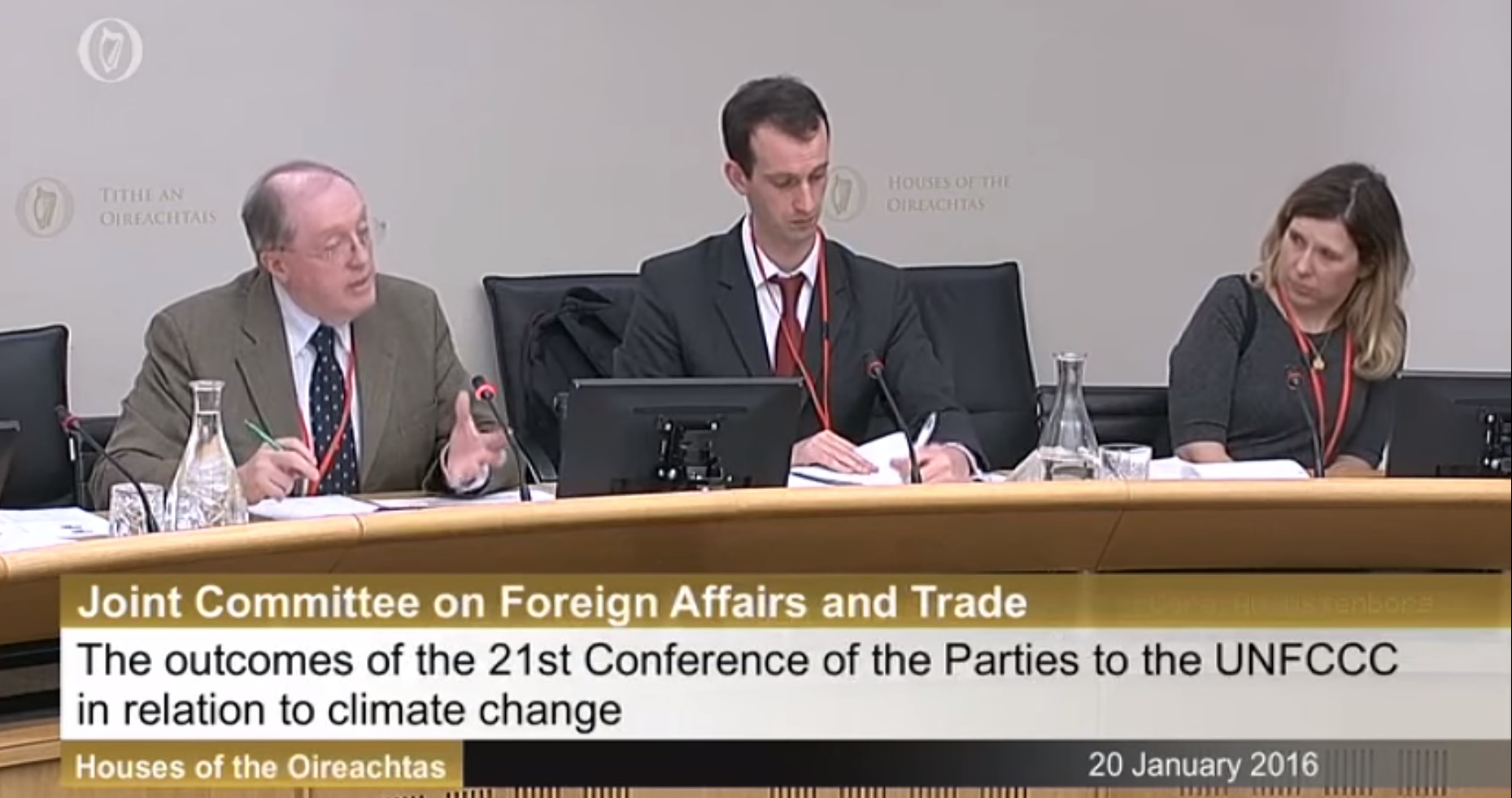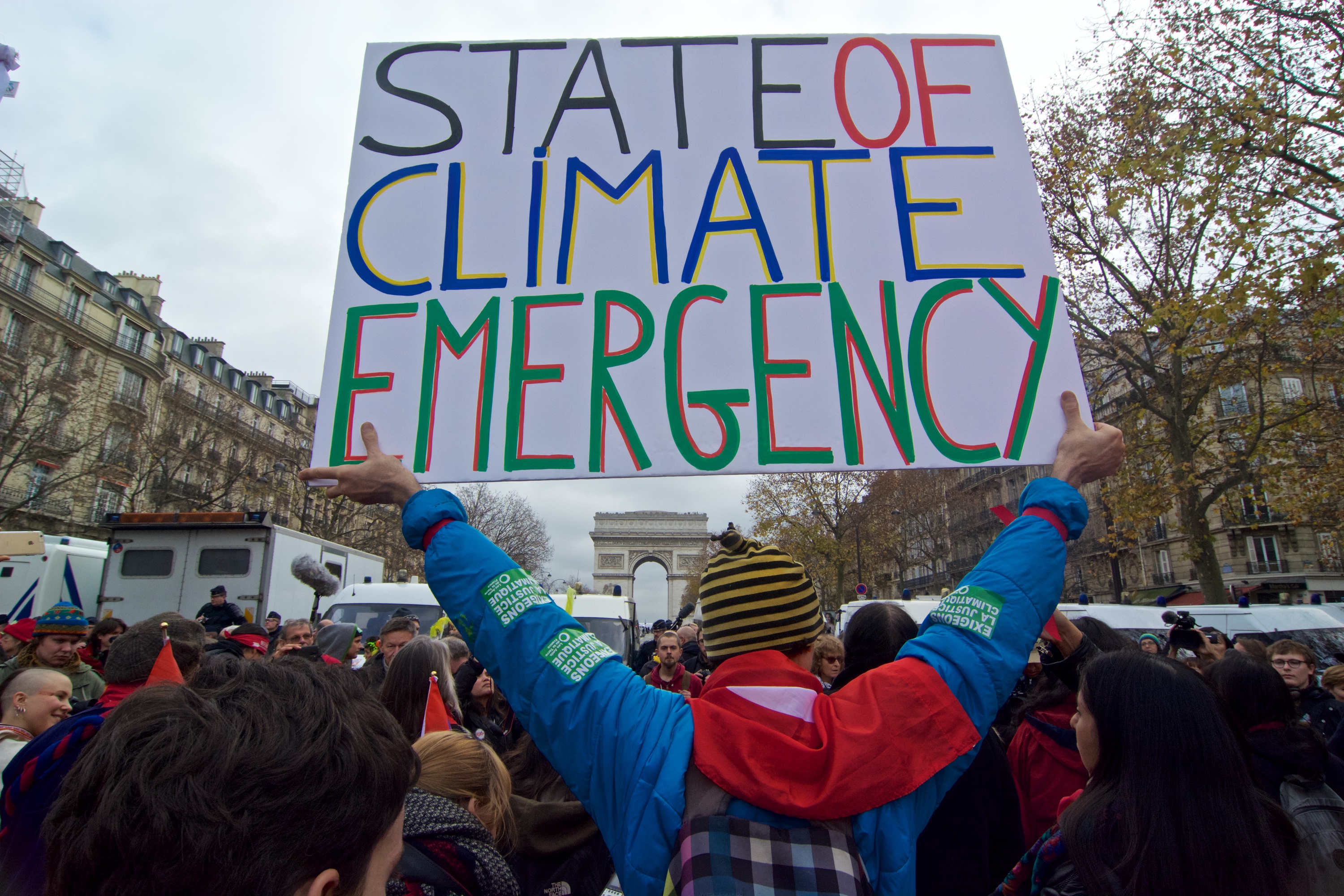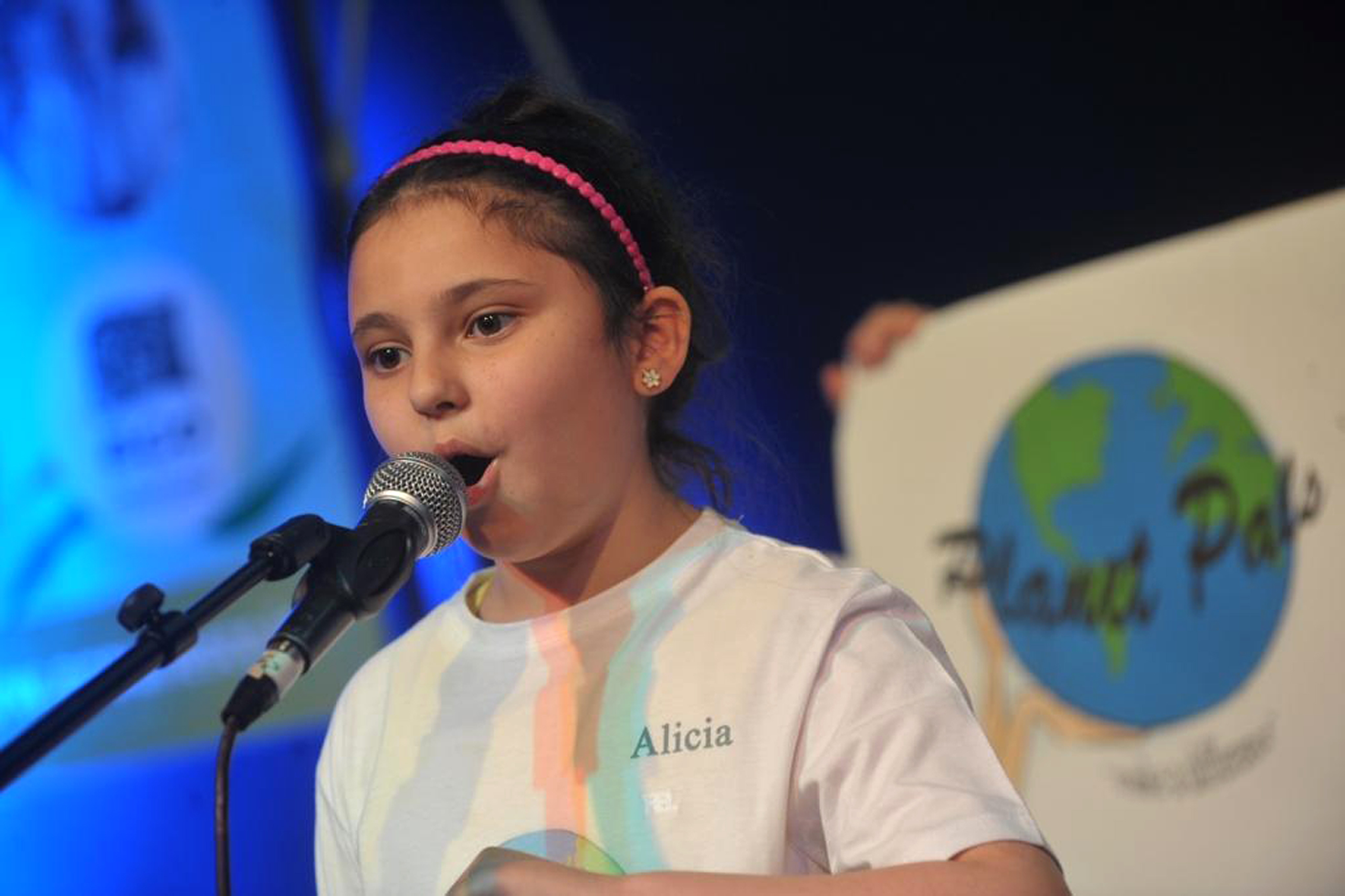State must devise plan to fight biodiversity loss

May 7th, 2019
The State has been urged by nature groups and opposition parties to devise a plan to fight biodiversity loss following the release of a troubling new global report on the issue.
The comprehensive report published this week by the Intergovernmental Science-Policy Platform on Biodiversity and Ecosystem Services (IPBES) reveals that the threat of extinction is looming over one million species of plants and animals.
IPBES – dubbed the “IPCC for biodiversity” – found that the likes of overfishing, deforestation as well as various consequences of global warming facilitated by the burning of fossil fuel are critical contributors to this mass extinction.
Nearly half of the world’s land mammals and almost a quarter of the birds have already had their habitats affected by global warming, scientists have warned.
Responding to the report’s findings, BirdWatch Ireland (BWI) called on the State to protect Irish species from “ecological collapse” and “hit the brakes on biodiversity loss”.
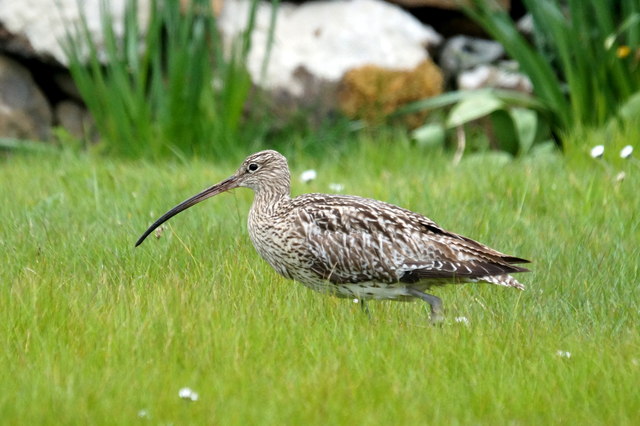
Species decline across the board
The conservation charity wants to see the Government ensure that all policy decisions related to agriculture, peatlands, freshwater and marine ecosystems include steps to ensure that wildlife and habitats are both “protected and enhanced”.
The group also called for increased investment in habitat restoration that will “pay dividends in terms of ecosystem services” including carbon sequestration and climate regulation.
BWI also warned about the precarious state of Ireland’s bird species, with two-thirds of 202 regular occurring Irish birds now on the list of birds of conservation concern.
The population of Curlews, in particular, has plummeted by 96 per cent since the 1970s while there has been a 40 per cent decrease in the population of waterbird species in less than 20 years.
It is also believed that over 90 per cent of Ireland’s internationally important habitats including bogs and grasslands have “bad or inadequate” status.
The country’s bee population is also facing an uncertain future with over a third of Irish bees facing the threat of extinction while Ireland’s butterfly species have declined by 6 per cent since 2008.
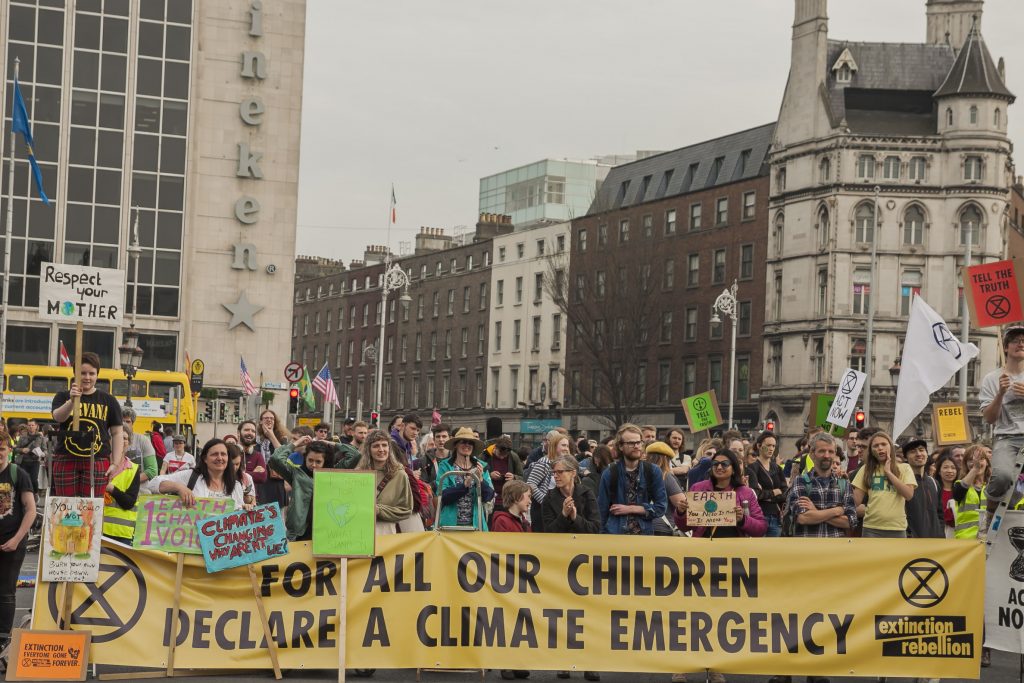
Biodiversity emergency
The Irish Wildlife Trust (IWT) today joined the Extinction Rebellion movement in calling on the Government to declare a climate and biodiversity emergency.
IWT said that the state of emergency is clear, as whole ecosystems” including our forests and raised bogs have “practically vanished, while our seas have been “emptied due to overfishing and bottom trawling”.
“In effect, natural ecosystems across Ireland have collapsed,” the group warned, calling for a new well-funded independent nature conservation agency for Ireland.
The group also wants to see the State commit to holding a referendum on the rights to a healthy environment in our constitution, as well as abandoning agricultural intensification targets “in favour of a new model based on low-carbon regenerative farming”.
Bottom trawling and overfishing in Irish waters must end, the group said, together with the conifer plantation forestry model. In their place, we should focus on creating large marine protected areas and large areas of native woodland “devoted to nature”.
The conservation group also wants to see a State-mandate for Bord na Mona to rehabilitate and rewild all of the bogs in their holding and for the OPW to restore our river system through dam removal and floodplain regeneration.
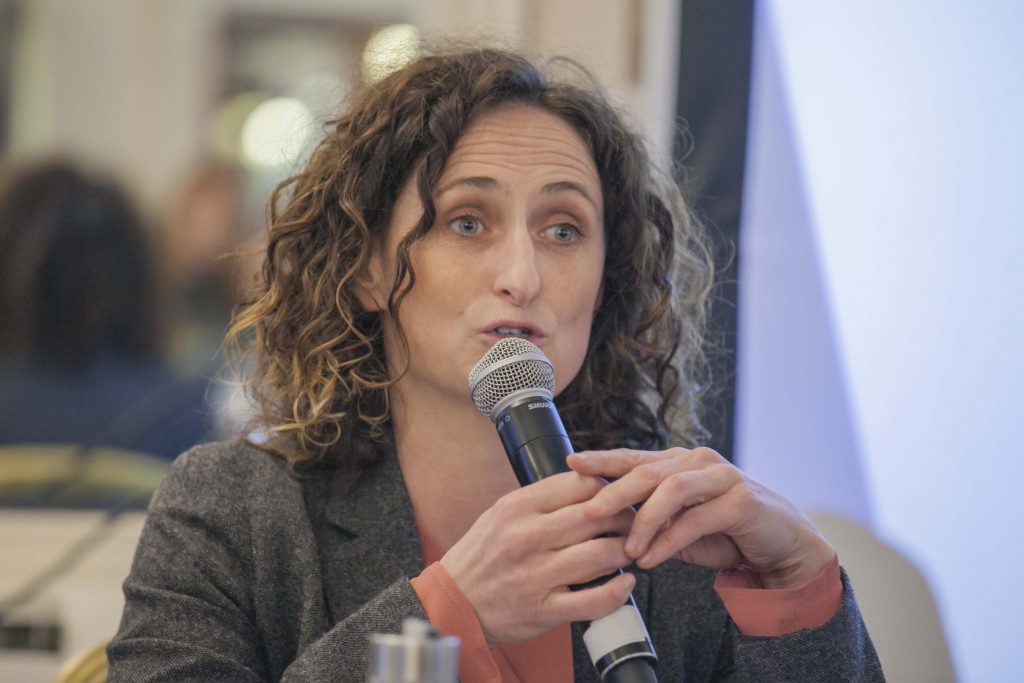
Political reaction
Green Party Senator Grace O’Sullivan called on the Government to “act now” to stop the loss of species in Ireland. “We need to commit now to draw a line under biodiversity loss and say no more,” she said.
“It’s deeply saddening to imagine children, in the near future, only experiencing things like butterflies, sparrows, bees, daisies or whatever, through pictures or video.”
Ms O’Sullivan said that the time for “green thinking” has come and that an eco-conscious ethos must be implemented “across the entire political spectrum”.
“We asked for the setting up of a national land use plan as one of the recommendations of the Oireachtas Committee on Climate Action. The restoration of biodiversity and natural habitats has to be central to that,” she said.
Sinn Fein MEP Lynn Boylan said that the report clearly “spells out the grim future ahead” if we continue with business as usual.
“The need for ‘transformative change’ is a call for radical action,” she said. “The Irish government is sleepwalking into the complete collapse of our biodiversity, which will massively affect our resilience to climate change.”
Ms Boylan, a trained ecologist, added that she has despite over a third of our native flora and fauna being threatened or at risk of extinction, the National Parks and Wildlife Service (NPWS) is “surviving on as little as €11 million a year”.
The total NPWS budget for 2017 was €11 million. By way of comparison, the Greyhound Racing Bord received €16 million of public money in 2017 while Horse Racing Ireland received €64 million.
A UCD review of national biodiversity expenditure carried out last year found that direct spending on biodiversity from 2010 to 2015 amounted to €1.49 billion or 0.31 per cent of government expenditure.
The International Union for Conservation of Nature calls for OECD countries to contribute at least 0.3 per cent of their GDP for biodiversity conservation. Ireland currently spends .13 per cent of GDP in this area.
[x_author title=”About the Author”]
